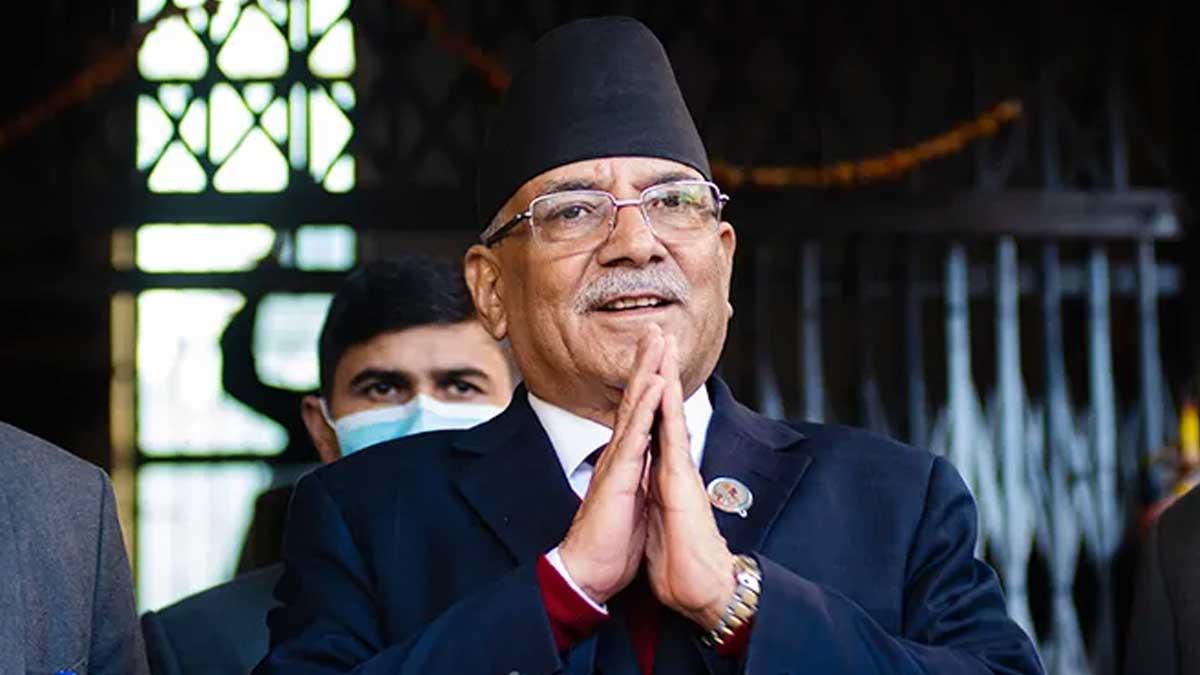Nepal's Prime Minister Pushpa Kamal Dahal, also known as 'Prachanda', has opted against resigning from his position despite an agreement between Nepal's major political entities—the Nepali Congress and CPN-UML—to form a new coalition government. In a recent meeting of the Communist Party of Nepal (Maoist Centre) office-bearers in Baluwatar, Prime Minister Prachanda asserted his intention to face a parliamentary vote of confidence rather than stepping down, as conveyed by party Secretary Ganesh Shah to PTI.
"The Prime Ministerpus has chosen to pursue a vote of confidence," Shah confirmed.
Throughout his tenure, Prachanda, 69, has successfully secured three votes of confidence in Parliament. This decision follows a midnight accord between Nepali Congress President Sher Bahadur Deuba and CPN-UML, outlining the establishment of a new 'national consensus government' to replace Prachanda's coalition.
Currently, the Nepali Congress holds 89 seats in the House of Representatives (HoR), with CPN-UML following closely with 78 seats. Together, their combined strength of 167 seats ensures a majority in the 275-member HoR.
Under the terms of their agreement, Deuba, 78, and Oli, 72, will alternate in the Prime Ministerial role for the remainder of the parliamentary term. Efforts to salvage the current coalition by Prachanda and CPN-UML chief Oli have reportedly faltered, according to Maoist sources.
Quoting Prachanda, Shah highlighted allegations of a conspiracy aimed at destabilizing the coalition government during a critical period focused on combatting corruption and enhancing governance.
According to constitutional provisions, Prachanda now has 30 days to secure a vote of confidence in the House of Representatives, allowing for strategic political negotiations.
"We will engage in dialogues with various parties, including the Rashtriya Swatantra Party (RSP), Nepali Congress, and CPN-UML, in our efforts to preserve the coalition," Prachanda emphasized.
Meanwhile, Nepali Congress President Deuba briefed party officials on the CPN-UML agreement during a meeting at his residence in Budhanilkantha, outlining the rotational leadership arrangement agreed upon by the two parties.
In parallel developments, the RSP, a crucial coalition partner, has opted out of the new alliance between Nepali Congress and CPN-UML, deciding to withdraw from the current government.
With 21 seats in the House of Representatives, the RSP's decision further complicates Nepal's already fragile political landscape, which has seen 13 different governments over the past 16 years.


















